When it comes to fasting, a lot of emphasis is placed on what we eat (or don’t eat), which makes it easy to forget about another crucial element: staying hydrated. They call it a “water fast” for a reason—you should be drinking plenty of water! Unless you’re fasting for religious reasons (Ramadan for example) that require you not to drink fluids, keep downing that H2O.
Remember, when we say “fasting,” we’re referring to any number of protocols—time restricted feeding (TRF), restricted calorie fasts (5:2 fasts are an example of this), and prolonged fasts. Prolonged fasting runs the greatest risk of dehydration if you aren’t vigilant about water consumption.
You actually get approximately 20 percent of your fluid needs from food! Whole carbs like oatmeal, whole grain pasta, and brown rice absorb water while cooking. Other foods like soups, watermelon, and celery contain a significant amount of water naturally. So even if you’re drinking the normal amount of water, you aren’t getting water from these food sources during a fast, which puts you at risk for dehydration.
A surprising link between carbohydrates and water storage also comes into play during a fast. Your body stores carbohydrates as glycogen, and that glycogen is attached to water. For each gram of glycogen, your body stores about 3 grams of water. This is one of the reasons why you tend to lose weight so quickly when you cut carbs — some of it is water weight, says dietitian Jaime Mass, RD. It’s also why people often seem to gain weight back so fast when they begin to reefed.
Early in a fast, as you burn through glycogen, you’ll actually release water into your bloodstream. But after your glycogen stores are depleted, deeper into your fast, your body won’t have those stores of carbs and water to fall back on, so extra hydration becomes increasingly important.
Estimating your fluid needs
Zero’s nutrition expert, Nicole Grant, RD, recommends healthy adults drink 30–35 mL of water per kg of body weight to start and then adjust from there. You’ll want to increase fluid intake if you exercise while fasting, if you live in a high-temperature environment, or if you’re taking any medications that require extra fluids.
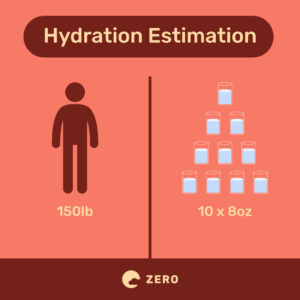
Always pay attention to your thirst, which is an important cue for dehydration, but remember it can be easy to overlook thirst if you’re busy or distracted, so it may not be the most reliable way to stay hydrated.
Maintain electrolyte balance
Electrolytes are substances everybody needs to manage, regulate, and maintain important bodily functions. These are depleted through physical activity and fasting, so you want to be sure you’re getting enough of the following electrolytes in your feeding windows. Remember, too, that the best way to absorb electrolytes is through whole foods, not supplements, unless you are at an extreme deficit and require supplementation.
- Sodium. Sodium depletion leads to headaches and muscle spasms. Make sure to get the recommended daily allowance for your weight and gender. For prolonged fasts of three or more days, you may need to supplement with bouillon for extra sodium. Depending on the type and duration of your fast, you may also need to increase your sodium intake greater than the recommended daily amount (RDA). On the other hand, certain populations need to be more cautious about their sodium intake, such as those with congestive heart failure, renal disease, or hypertension and may need to consume less than the RDA. Consult with your doctor.
- Potassium. The main job of this mineral is to regulate fluid in muscles and help nerves send signals. You can thank potassium for keeping you free of painful leg spasms.
- Magnesium. Among many jobs, this helps regulate muscle and nerve function and can aid in sleep. For prolonged fasts of three or more days, consider adding a magnesium supplement.
- Zinc. This mineral is well known for supporting testosterone production and nerve function. Don’t take this on an empty stomach, however — it can upset your tummy.
- Calcium. Calcium is key to your bones and your muscles. It helps your blood clot, your heart to beat, and your muscles to contract. You should be fine getting this in the form of food during your feeding windows.
Wondering whether your electrolytes are too low? Signs and symptoms include headaches, heart palpitations, lightheadedness, muscle cramps, and fatigue to name a few.
Analyze your urine
If you’re not quite sure of your hydration level, and you aren’t taking any medication or supplement that changes the color of your urine, Grant recommends using the color of your urine to indicate your general level of hydration. A concentrated yellow color likely equals dehydrated; very clear urine can mean overhydrated; and a light straw color is what you’re aiming for — it reflects good hydration.
There’s one other benefit to drinking plenty of water during a fast—it fills up your stomach. Might as well put something in there to make you feel full! Proper hydration will make your fast a whole lot easier, and help smooth your transition back to food.
- The Complete Guide to Fat Burning - April 30, 2024
- Zero Live #4: 3 Ways to Boost Fat Burning - March 28, 2024
- Zero Live #3: Nutrition, Fast Breakers, and Fasting - March 11, 2024
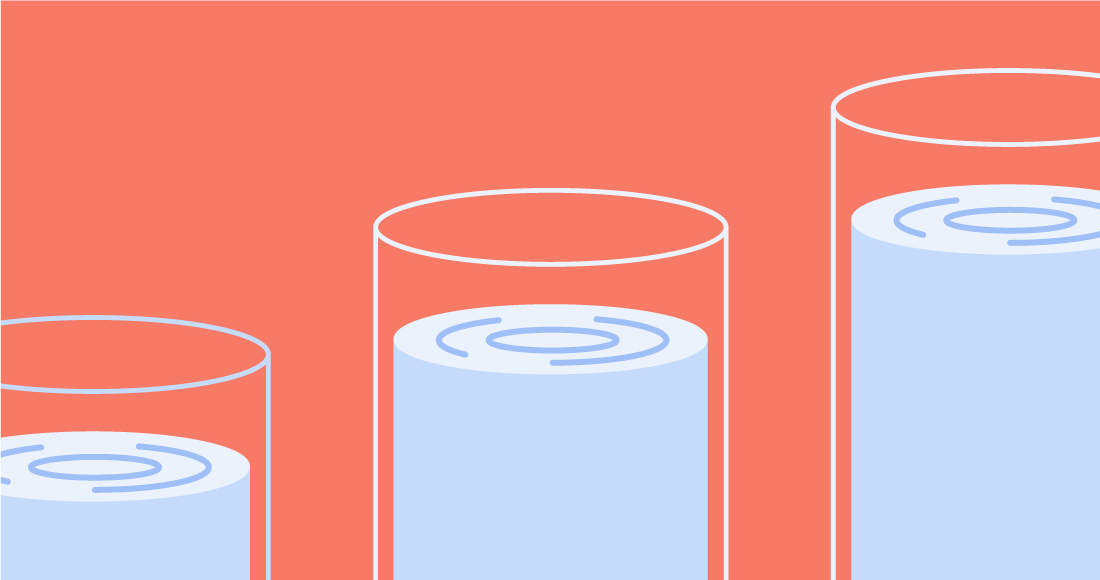
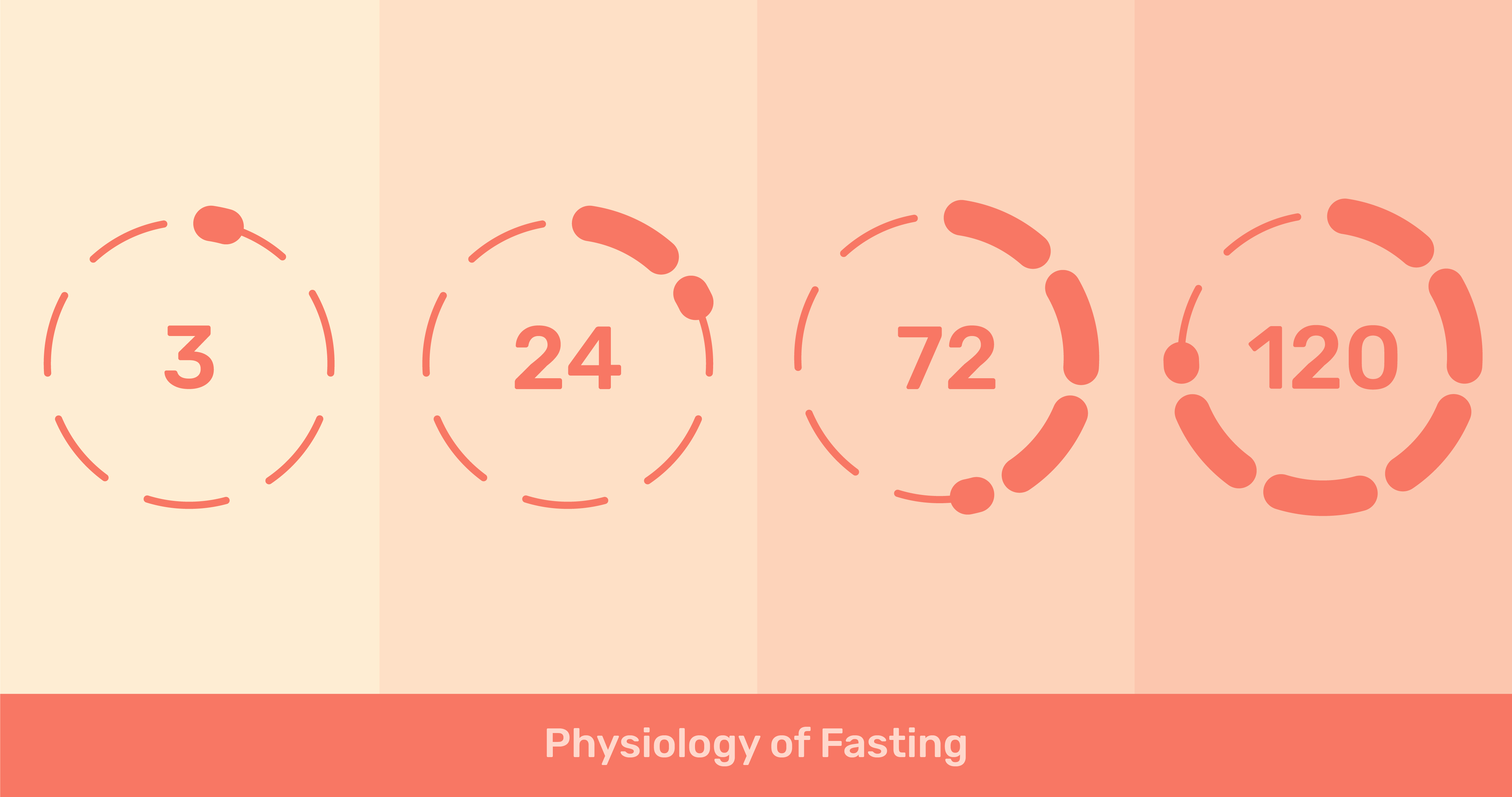
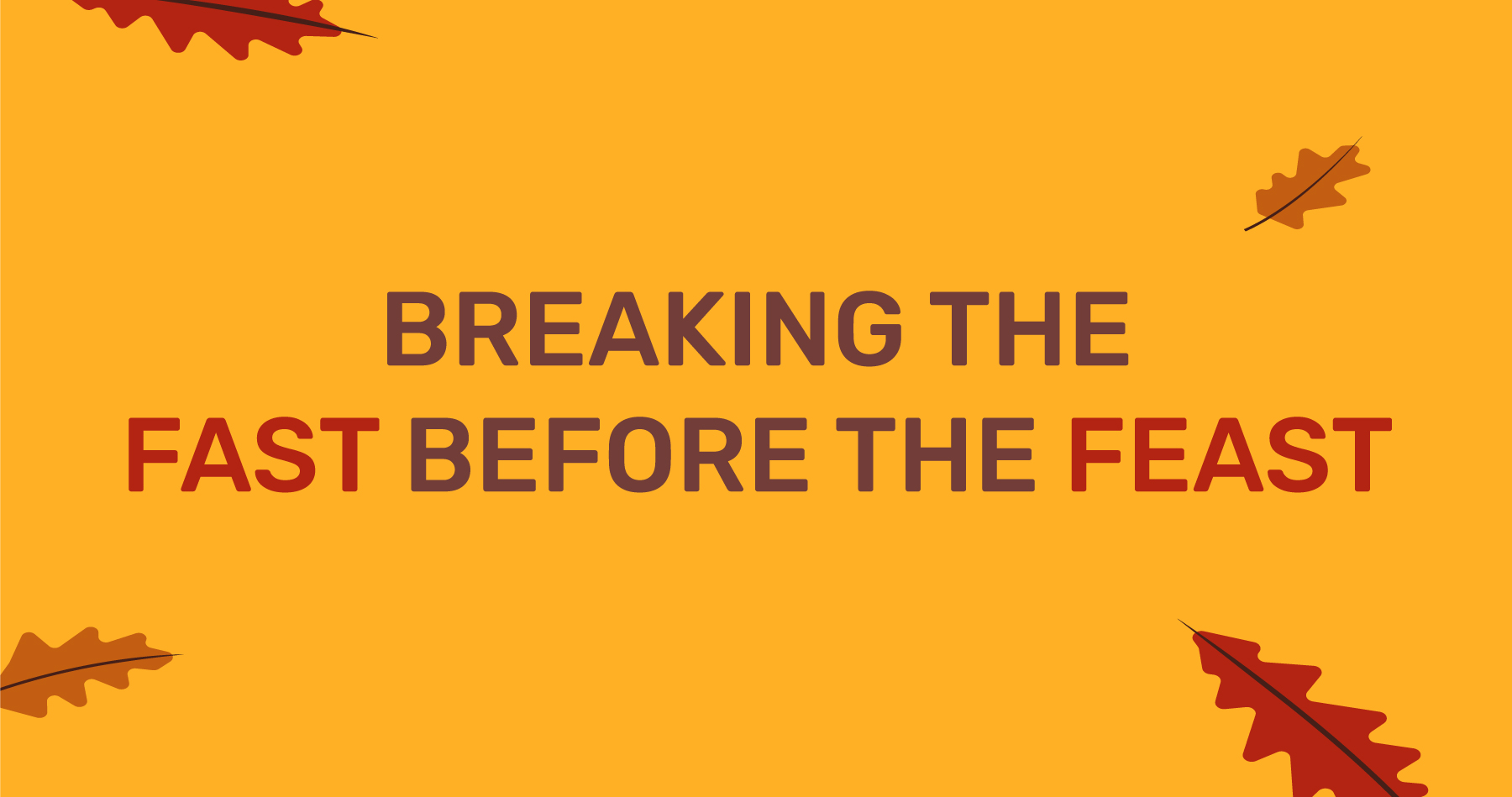
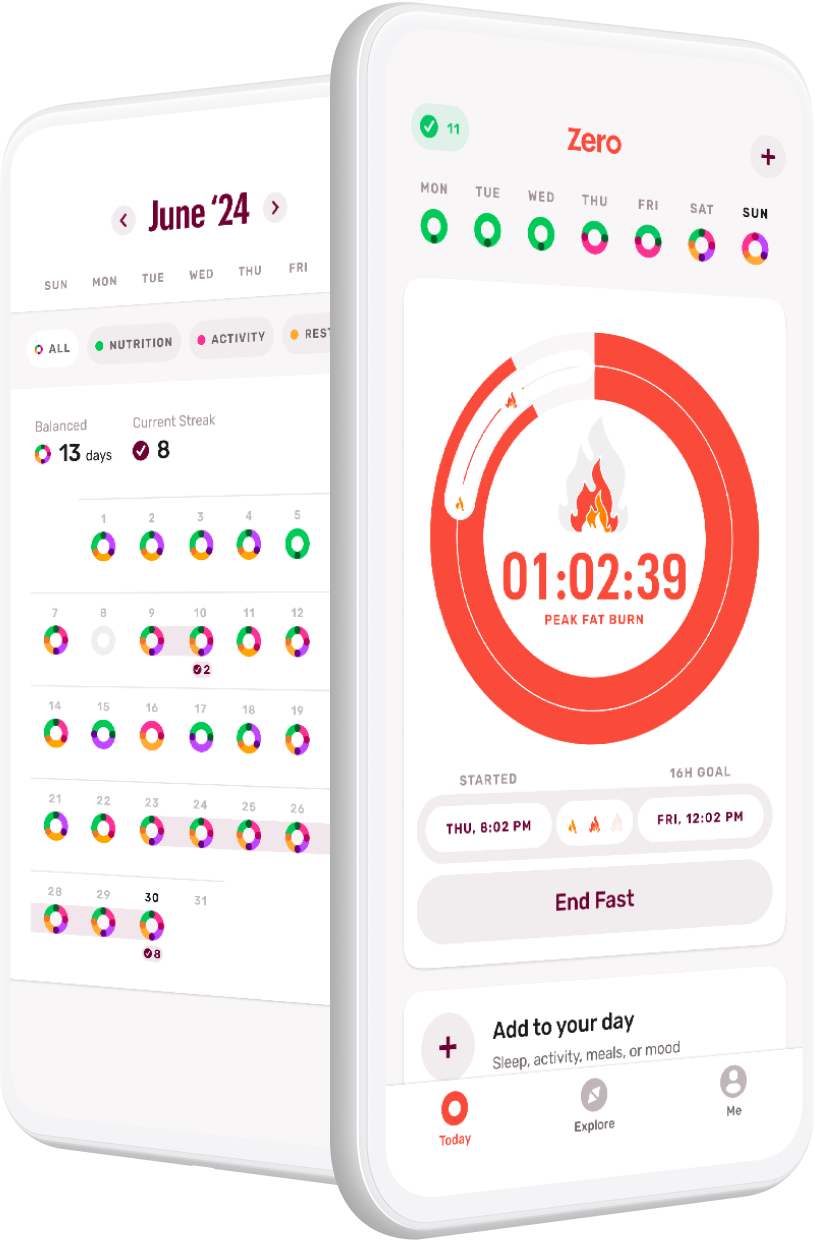

Very compehensive.
Thanks
Can you drink hot tea during a fast?
Thanks this article was just in time! 👍
Thanks for the information, it really help.
Thanks for the information, it really helped.
Very much appreciated information. Thank you.
Thank you !
Thanks
Why do I feel so cold during my fasts??
There is evidence in the literature that when you are fasting blood is shunted away from the periphery to the abdominal/visceral fat to access the fatty acids for energy production. So when you feel cold, welcome the fat burn. At work I use it as an excuse to go out and warm up in the sun. Intermittent fasting+intermittent fasting+intermittent exercise= goodness
During a fast longer than three days, would a multivitamin (without iron) cover these?
I do 3-4 OMAD dry fasts a week. I’ve been doing this for one year. I dropped about 8 pounds the first month but my weight has been steady since. My BMI ranges at around 21-22 but i do feel that my muscle density is improving. i do my mountain biking and gym rock climbing fasted. i am not advocating that people dry fast just sharing my n of 1 experience.
I too enjoy dry fasting and eating one meal a day I find not drinking anything easier to do than when I’m drinking liquids throughout the day and I’m easily able to catch up with my liquid needs later on in early evening.. .
Drinking too much water while fasting can also make you throw up. It happened to me when I fasted for 3 days. Drink enough water according to body weight. Thanks for the info.
Thank You
Very Heplful and especially because I don’t like drinking water.
Is there a problem with being over hydrated? Does it have it’s own issues
I’d be interested in this information also. My urine is mostly clear and I thought that was a good thing. Guess not?
The answer is yes. Water intoxication can be quite serious if you are not careful (although is rare). This happens when you drink more water than your kidneys can filter leading to the excessive water being retained, thus diluting the salts in your body, messing with your electrophysiology. It basically diluted your body so much, it’s as if your body is low on minerals like Sodium.
This is called Water induced hyponatraemi.
Great article! Maybe add a reminder to the Zero app which cues people to assess their hydration level (kinda like the current mood assessment cue).
Awesome stuff, I’m so happy I am doing the right thing during my fast. Things so much for the info.
Can you drink kombucha during a fast? It has both sodium and electrolytes
Kombucha will have some remaining sugar from the fermentation and a very small amount of alcohol.
I recommend not to drink Kombucha during the fasting hours
This is truly helpful to me. I’ve noticed the coloring was a bit yellow yesterday. This is great to know.
Hello, can you drink black coffee when fasting?
Yes but with no sugar
Can I put bone broth protein in my coffee and consider that fasting?
This article was really educating, I actually learned a lot! Thank you! Its good thing I’ve been taking my potassium supplements!!😄
I am trying the 18 hour fast first as of today
I usually make a blueberry and raspberry smoothie with unsweetened almond milk. Can I drink a smoothie during my fasting time?
Only water is mentioned. What about tea, coffee, fruit juice, etc? What is the advice there?
Hello,
Unsweetened tea and black coffee are okay. You should avoid fruit juices while fasting, because of the sugar (even when it’s 100% pure fruit).
People often drink dark coffee and stuff like kombucha or energy drinks (without sugar, though I wouldn’t personally take that). Hope that helped 😌
So one can have milk in one’s tea or coffee?
The 30ml per 1kg guide – what is the duration? Eg if I did the 18 hour fast and I was 100kg. Does this mean I should drink 3ltrs during that 18 hours? It’s not clear how often you drink to meet that target.
Your numbers are correct, though the water consumption is usually based on a per day intake. 24 hours. Try a liter every 3 hours. As an example.
Are the benefits higher when drinking Alkaline water?
Can I drink green tea or hot water with lemon during a fast or is it best to give your liver a complete rest during the fasting window.
Is carbonated water good during fasting